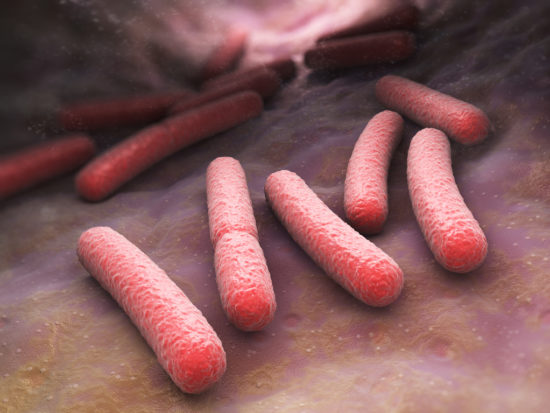The European response to control and manage multi- and extensively drug-resistant Neisseria gonorrhoeae
Gonorrhoea is the second most commonly reported bacterial sexually transmitted infection (STI) in the European Union/European Economic Area (EU/EEA), with 117,881 cases reported in 2019, representing an increase of 17% since 2018. In the absence of a vaccine, conventional prevention including condom use, early diagnosis together with antimicrobial treatment are the main public health strategies to interrupt transmission and to avoid sequelae such as pelvic inflammatory disease, ectopic pregnancy and infertility. Effective treatment of gonorrhoea is unfortunately hindered by the fact that Neisseria gonorrhoeae (NG) has developed antimicrobial resistance (AMR) to all classes of therapeutic antimicrobials, most recently to third-generation cephalosporins. Surveillance of NG AMR in the EU/EEA is performed by the European Gonococcal Antimicrobial Surveillance Programme (Euro-GASP). Euro-GASP is funded and coordinated by the European Centre for Disease Prevention and Control (ECDC) and includes a network of mostly reference laboratories in the EU/EEA countries. The main aim of Euro-GASP is to measure annual prevalence of and trends in gonococcal antimicrobial susceptibility to detect emerging AMR and to inform optimisations of national and international treatment guidelines.
AMR NEWS
Your Biweekly Source for Global AMR Insights!
Stay informed with the essential newsletter that brings together all the latest One Health news on antimicrobial resistance. Delivered straight to your inbox every two weeks, AMR NEWS provides a curated selection of international insights, key publications, and the latest updates in the fight against AMR.
Don’t miss out on staying ahead in the global AMR movement—subscribe now!







